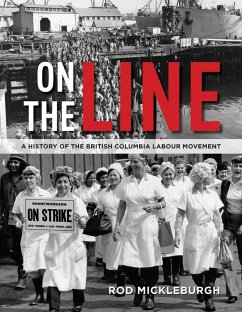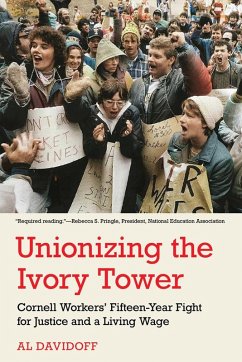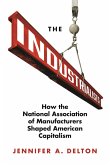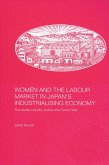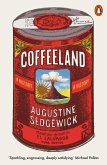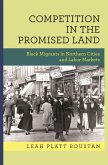The BC tradition of fighting back against unfair pay and unsafe working conditions has been around since before the colony joined Confederation. In 1849 Scottish labourers at BC's first coal mine at Fort Rupert went on strike to protest wretched working conditions, and it's been a wild ride ever since. For years the BC labour movement was the most militant in the land, led by colourful characters like Ginger Goodwin, murdered for his pains, and pull-no-punches communist Harvey Murphy, who brought the house of labour down on himself with his infamous "underwear speech."
Through years of battles with BC's power elite and small victories followed by bitter defeats, BC unions established the five-day work week, the eight-hour day, paid holidays, the right to a safe, non-discriminatory workplace and many more taken-for-granted features of the modern work landscape. But unions' enemies never sleep and, well into the second decade of the twenty-first century, battles still go on, like that of BC teachers in their long and ultimately successful struggle to improve classroom conditions. On the Line also highlights the role played by women, Indigenous and minority workers in working toward equality and democracy in workplaces and communities.
In prose that is both accessible and engaging, accompanied by over two hundred archival photos, Mickleburgh tells the important story of how BC's labour organizations have shaped the economic, political and social fabric of the province-at a cost of much blood, sweat, toil and tears. This volume is the most comprehensive overview of labour's struggle in BC and will be of particular interest to union members, community activists, academics and readers of regional history.
Through years of battles with BC's power elite and small victories followed by bitter defeats, BC unions established the five-day work week, the eight-hour day, paid holidays, the right to a safe, non-discriminatory workplace and many more taken-for-granted features of the modern work landscape. But unions' enemies never sleep and, well into the second decade of the twenty-first century, battles still go on, like that of BC teachers in their long and ultimately successful struggle to improve classroom conditions. On the Line also highlights the role played by women, Indigenous and minority workers in working toward equality and democracy in workplaces and communities.
In prose that is both accessible and engaging, accompanied by over two hundred archival photos, Mickleburgh tells the important story of how BC's labour organizations have shaped the economic, political and social fabric of the province-at a cost of much blood, sweat, toil and tears. This volume is the most comprehensive overview of labour's struggle in BC and will be of particular interest to union members, community activists, academics and readers of regional history.
Dieser Download kann aus rechtlichen Gründen nur mit Rechnungsadresse in A, D ausgeliefert werden.

